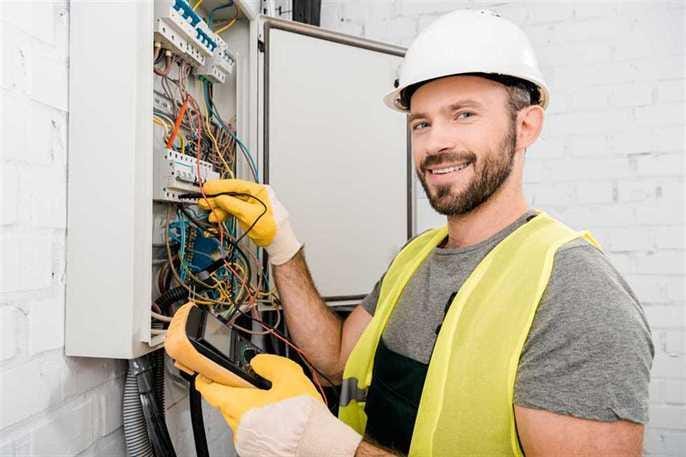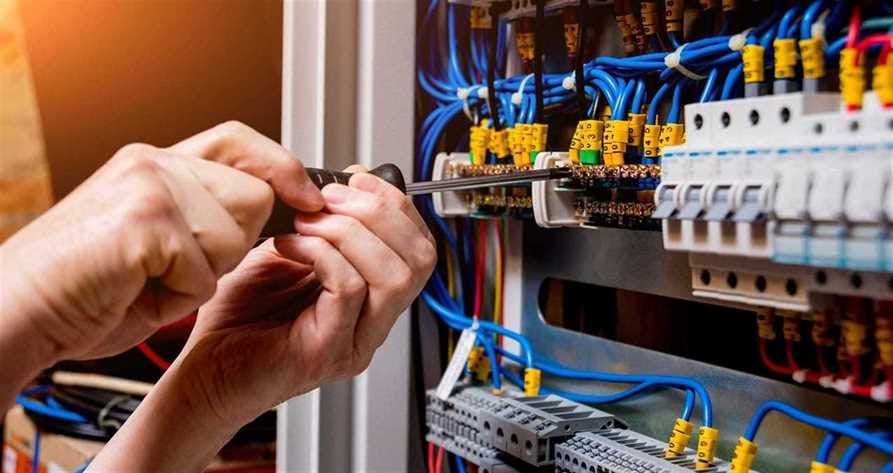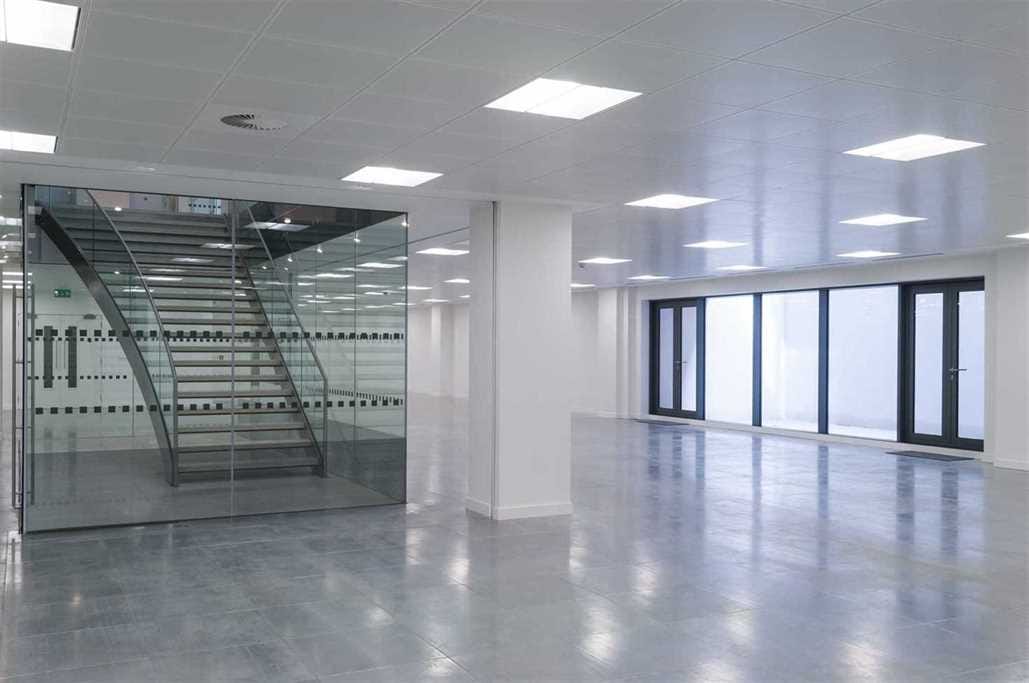Lighting Plan For New Construction

You’ve spent months drafting blueprints for your new building, and you can’t wait for construction to begin. But have you given much thought to its lighting plan?
As you decide how to light the interior of your building, consider the following:
- The light switches need to be in convenient locations.
- Each room needs an adequate amount of light.
- Too many light fixtures will waste electricity. Too few will make it difficult to see properly (especially for those with visual impairments).
When you’re designing a lighting plan for your new building, take these factors into account:
Ceiling Height
Ever hit your head on a light fixture that was hanging a little too low? It’s a sign of a poorly designed lighting plan.
Light fixtures that are flush to the ceiling will work best in basements or attics. In rooms with high ceilings, you have more space to showcase a chandelier or pendant light. Make sure to measure the fixture before installing it, so that it won’t hang too low.
Energy Efficiency
You might not think about the energy demands of a property while it’s under construction—but you will when your first hydroelectricity bill comes in.
Smart lighting features can save energy and lower your electricity costs. Consider these energy-efficient lighting features:
- Motion-activated sensors for outdoor lighting
- Smart lighting that’s controlled by an app on your cell phone
- LED bulbs instead of incandescent or fluorescent lights
Smart lights might have a higher upfront cost, but the energy efficiency will pay for itself over time.
Variety & Style
If you use the same light fixture in every room, your lighting plan might become a bit boring. There are so many different light fixtures to choose from, including recessed lighting, track lights, and ceiling strip lights.
You shouldn’t sacrifice functionality for style, but when you have the opportunity, consider installing a few accent pieces in the building. Contact your local electrician to make sure that the building has enough electrical capacity to power all the fixtures.
Dimmers or No Dimmers?
Dimmers give residents more control over the lighting in their homes. During the day, they can make rooms bright and cool-toned; as the sun sets, they can dim the lights to create a more relaxed atmosphere. While this serves a purpose in residential constructions, it may be less useful in commercial settings.
If you’re designing an office space, employees will need well-lit workspaces. In a commercial building, there might be no use for dimmers. Your staff will need bright lights to work safely and efficiently.
But the opposite is true of a residential home. Dim lights in a bathroom can create a comfortable ambience. In a bedroom, less light is required; you could supplement it with floor or table lamps.
Lighting Codes
If you install electrical wiring yourself, you could put the safety of the building occupants at risk. DIY electrical work is less safe than what a professional offers. It also poses a higher risk of fire hazards. Most electrical work requires permits; if you fail to obtain these permits, you may be ineligible for insurance if you ever have to make a claim.
To protect your property insurance and the safety of building occupants, be sure to work with a certified electrician.
Designing a lighting plan is an important part of any new construction. To do that, you’ll need to contact electrical contractors in Winnipeg. At Powertec Electric, we’re here to help. Call us today to get a free quote for your next project.



 Finding the right
Finding the right 



